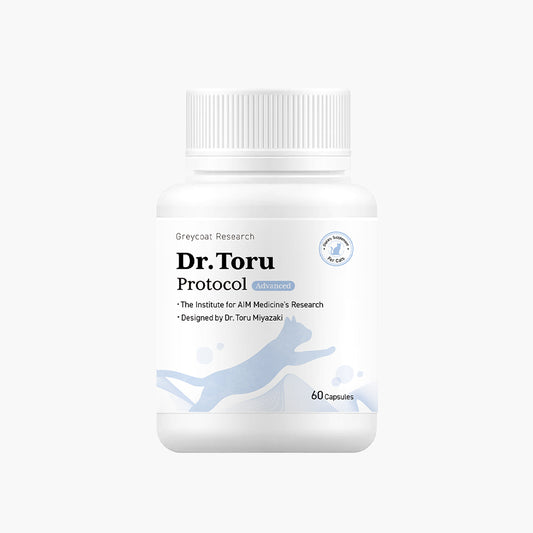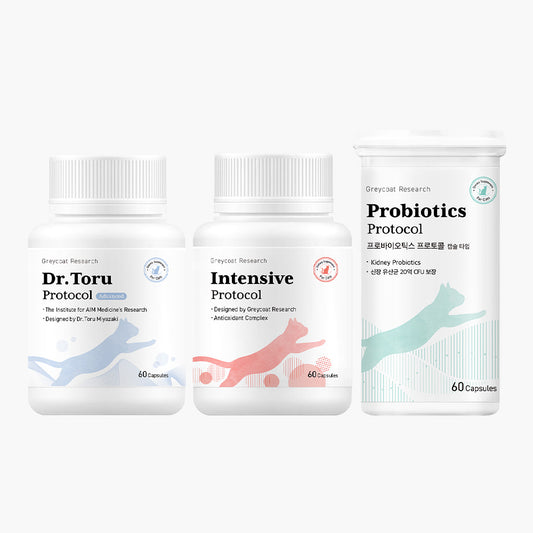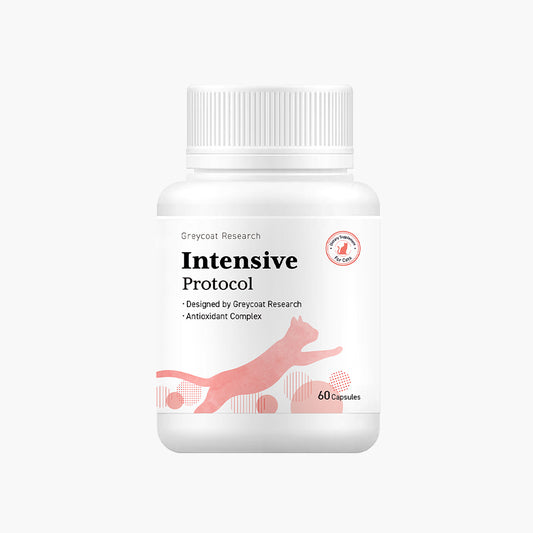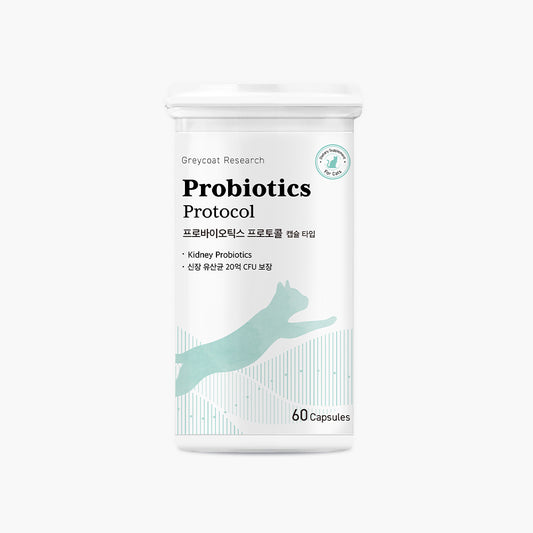 📰 Is It Really Safe to Feed “Kidney Care” Renal Diets to Healthy Cats?
📰 Is It Really Safe to Feed “Kidney Care” Renal Diets to Healthy Cats?
Since 2024, Greycoat Research has conducted 1:1 consultations with over 1,500 cats worldwide—and one recurring pattern continues to emerge.
Many well-meaning cat guardians are feeding renal (kidney-support) diets to cats with normal kidney function, hoping to prevent future kidney disease.
However, while this approach may seem proactive, it may carry unintended risks that could compromise long-term health.
Stay informed—because prevention should never come at the cost of nutritional balance.
❗ Renal Diets Are Prescription Therapeutic Foods for Diagnosed CKD
Renal diets are formulated to support cats already diagnosed with chronic kidney disease (CKD).
They differ significantly from regular cat food in both nutritional composition and therapeutic intent.
Feeding these diets to healthy cats without veterinary guidance may lead to unintended nutritional imbalances, rather than offering protection.
⚠️ Why Renal Diets May Not Be Appropriate for Healthy Cats
-
Low-Protein Formulation → Risk of Nutritional Deficiency
Renal diets are intentionally low in protein to reduce metabolic stress on damaged kidneys.
However, healthy cats require adequate high-quality protein to maintain muscle mass, immune strength, and cellular repair.
Long-term protein restriction—especially in growing or active cats—may contribute to muscle loss, reduced immunity, and delayed development. -
Alkalinizing Additives (e.g., Acetate) → Possible Disruption of pH Balance
To manage metabolic acidosis in CKD, many renal diets include alkalinizing agents like calcium or potassium acetate.
While these ingredients are helpful for cats with kidney dysfunction, they are unnecessary for healthy cats and could disrupt their normal acid-base balance.
Over time, this may increase the likelihood of urinary issues or metabolic stress.
⚠️ 5 Potential Risks Associated with Chronic Over-Alkalinization
1. Increased Risk of Urinary Crystals or Stones
Alkaline urine may promote the formation of calcium phosphate or struvite crystals, raising the risk of urinary blockages.
2. Altered Kidney Filtration Dynamics
Excessive alkalinity in the blood may influence kidney filtration dynamics, potentially affecting GFR and contributing to electrolyte imbalances such as hypokalemia.
3. Polyuria and Dehydration
Changes in kidney electrolyte handling can reduce water reabsorption, possibly leading to excessive urination and dehydration.
4. Cardiac Arrhythmias
Potassium imbalance may contribute to irregular heart rhythms, particularly in sensitive individuals.
5. Neuromuscular Symptoms
While severe neurological symptoms are rare, sustained alkalosis and electrolyte shifts may increase neuromuscular excitability, leading to tremors or twitching in sensitive cats.
✅ Q&A: Common Questions from Cat Guardians
Q. Can I feed renal food to a healthy cat?
A. It’s not recommended unless specifically prescribed.
Renal diets are therapeutic tools for diagnosed kidney disease. Using them preventively in healthy cats may lead to unintended side effects.
Q. What happens if a cat stays on a low-protein diet long-term?
A. It may lead to imbalances.
Possible outcomes include blood alkalinization, muscle loss, weakened immunity, urinary crystals, dehydration, or reduced vitality.
Q. How can I support my cat’s kidney health?
A.
-
Schedule regular veterinary check-ups
-
Ensure adequate hydration
- Provide a nutritionally complete, high-quality maintenance diet
-
Consider supplements that support AIM protein activity
-
Reduce stress and promote whole-body wellness
➡️ Unless clearly indicated by a veterinarian, renal diets are not suitable for healthy cats.
📌 Key Takeaways
- Renal diets are medical nutrition designed for cats with diagnosed CKD
- They are not appropriate for healthy cats as a preventive measure
- The best way to support kidney longevity is through balanced nutrition, hydration, and early detection
"Renal food is a therapeutic intervention-not a daily diet for prevention.
When used without medical need, it may do more harm than good."
- Greycoat Research




